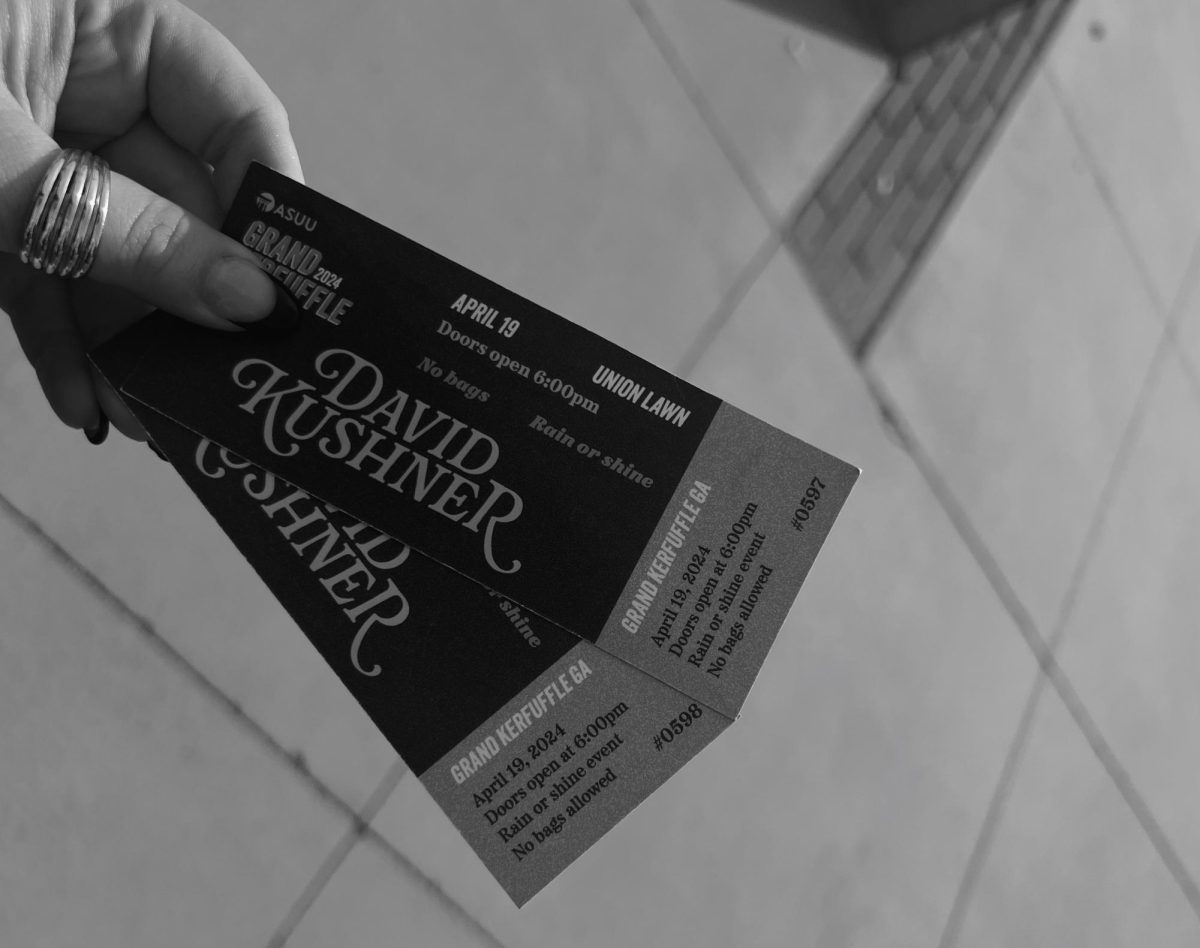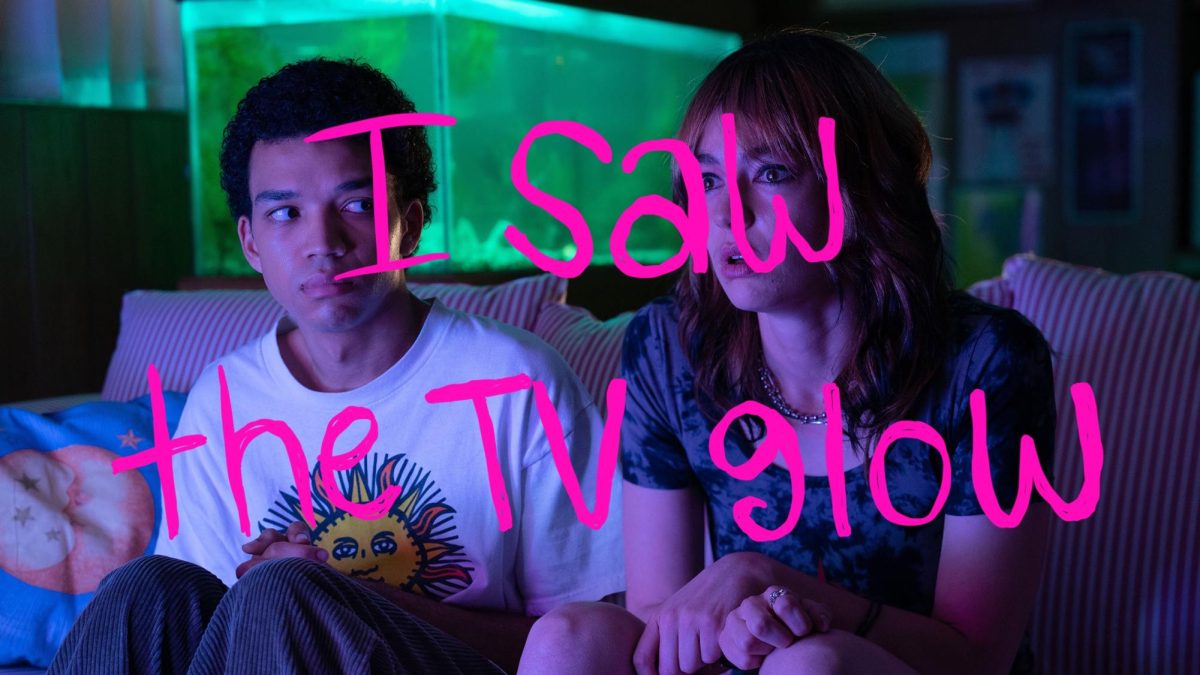Making a statement is the trendy thing to do these days. If you’re social-media savvy, you use Instagram to tell your legions of followers which angles of your face are the best (I’ll wait while you take a selfie). If you’re outdoorsy, you rally in public about air pollution while sporting dreadlocks and Birkenstocks, and if you’re Patricia Arquette, you use the Oscars as a literal stage for gender equality (and putting your foot in your mouth about other social movements).
If you’re Kendrick Lamar, you make the most politically and socially aware hip-hop album the industry has seen since Tupac Shakur dropped “Strictly 4 My N.I.G.G.A.Z…” in 1993.
Lamar’s “To Pimp a Butterfly,” released in March 2015, reached No. 1 on the Billboard charts, but he’s not looking to make a top-of-the-pop-charts statement with this one. While his previous album, “good kid, m.A.A.d. city” (2012) focused more specifically on the struggles a young black man endures growing up in Compton, Lamar takes on a larger role in “To Pimp a Butterfly” as a spokesperson tasked with illustrating the social injustice against people of color in America.
The album is complex and flavored with a variety of themes and musical styles. Lamar rides in on James Brown-esque bass grooves to discuss the effects of fame and public image, and then follows up with the temptations of the devil to the tune of a jazz piano. While a few tracks are radio-friendly and backed by a beat that more casual listeners can enjoy, the best way to consume this album is in its entirety, from top to bottom.
The 16-track composition is connected by a side that Lamar seems to be giving to his younger self. Beginning with the funk-based “King Kunta,” which details the public perception of his success as a black man, Lamar concludes the song with “I remember you was conflicted, misusing your influence.” He builds on this phrase on five other tracks, wrapping up with the final song of the album, “Mortal Man,” by saying, “Just because you wore a different gang color than mine’s, doesn’t mean I can’t respect you as a black man … If I respect you, we unify and stop the enemy from killing us. But I don’t know. I’m no mortal man. Maybe I’m just another n—–.”
While it’s obvious (and has been for the past 300 years) that the oppression of black people is institutionally instated by white America, Lamar believes initiating change comes from within the black community — if black people respect each other and black-on-black crime ceases to exist, the community will be more united in their efforts against racial inequality.
Lamar isn’t speaking from a holier-than-thou standpoint, though. In “The Blacker the Berry,” he calls himself the “biggest hypocrite of 2015,” crying when Trayvon Martin was shot, though “gang banging” has put the blood of black men on his own hands. Similarly, in “Mortal Man” Lamar questions the loyalty of his listeners if he were to be accused of something or to lose support from the media. He realizes the power his words have as a public figure and sees himself as the next voice in a long line of leaders, from Nelson Mandela to MLK to Tupac Shakur. Realizing the vulnerability and rejection that comes with speaking out against political and social standards, Lamar encourages his listeners and the black community to continue supporting him in bringing change and awareness to the status quo.
It’s a big statement. Kendrick Lamar tackles black stereotypes, institutional oppression and the changes that fame and recognition bring to a person (what could easily be the subjects of three different sociology classes) in one 79-minute record. If there’s an artist willing to take Tupac’s torch and expose social injustice to American youth through a medium they’re already paying attention to, it’s a statement worth listening to.
@ChronyArts














